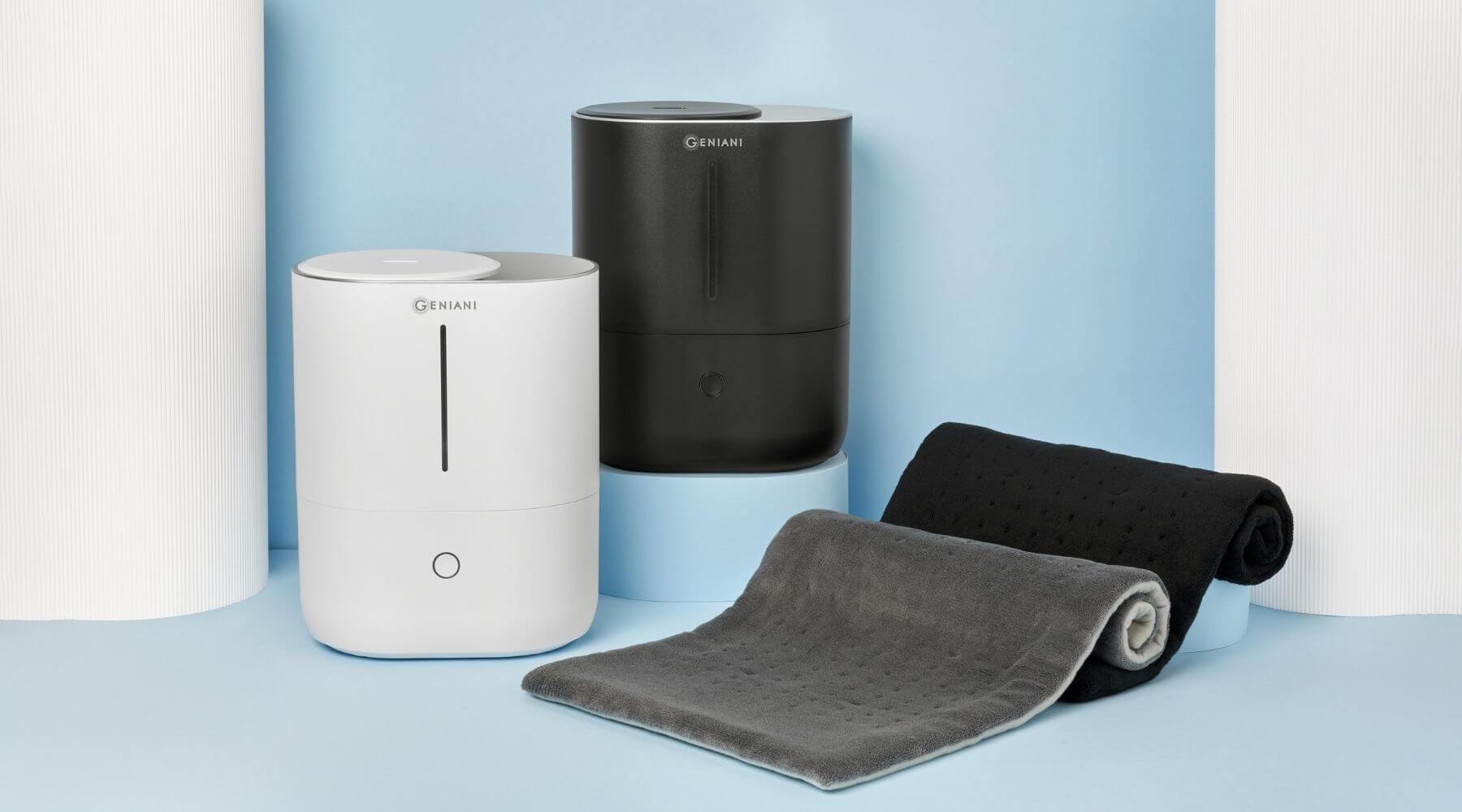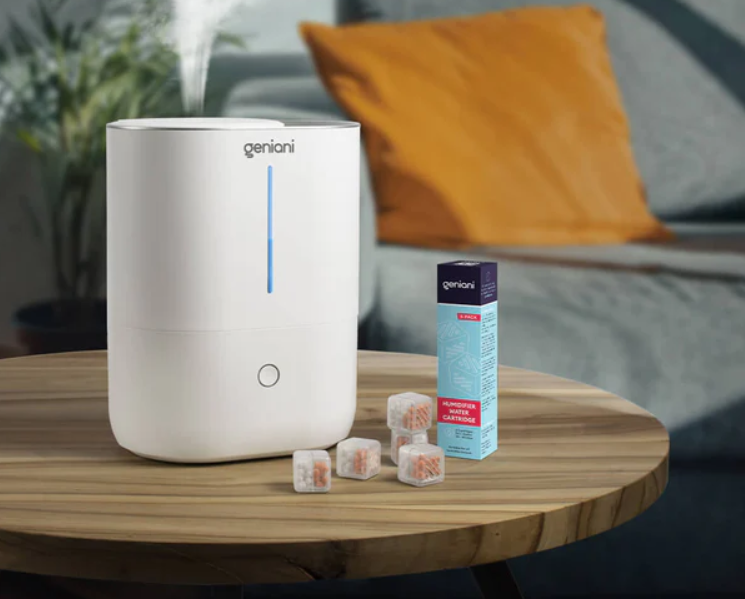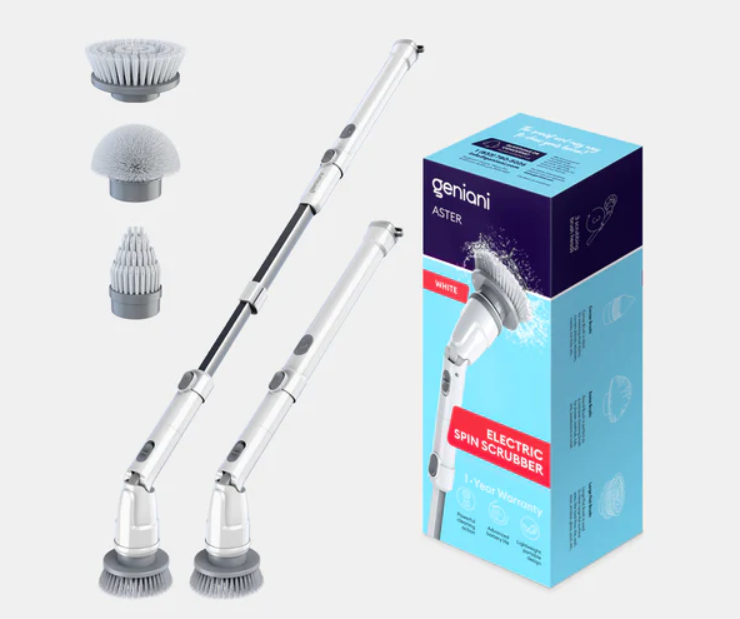How common is asthma
There are 22 million Americans who suffer from chronic asthma, and 30,000 people have an asthma attack each day. It’s the most common chronic disease among children, and 4,000 people die each year due to asthma. Cool, dry air contributes to this problem, irritating nerves in the lungs, which can lead to inflammation. These allergies are really diverse, and they can be to grass, trees, mold, weed, pollens, dust mites, animal dander, cockroach particles and so on. Essentially, health specialists recommend a humidifier for asthma and allergies. This device could trigger an allergic reaction. Concurrently, investing in a humidifier for allergies will help.
Asthma effects
Asthma attacks are terrifying. The person who suffers from this disease literally feels as though he can’t breathe. This is due to constriction of the breathing muscles, suddenly-inflamed airways. Plus thickened phlegm increased. Asthma leads to the inflammation of the lining of the airway. When the sinusitis determines the inflammation in the mucous membranes that line the sinuses, due to this inflammation, the mucous membranes will secrete more mucus. Numerous irritants could either worsen or trigger the appearance of asthma. More specifically, irritants such as the smoke from wood-burning appliances, tobacco smoke, strong odors from cleaning agents, perfumes, and the list may go on.
Does humidifier for asthma and allergies really beneficial

Humidifiers help with asthma symptoms and ease or exclude attacks by preventing a dry throat, nose, and mouth. In a nutshell, those with chronic breathing issues can rest in peace with a comfortable level of breathing. Even though nasal sprays and over-the-counter medications may help with breathing problems, only a humidifier for asthma can guarantee no additional side effects.
How does a humidifier help asthma
Asthma is a chronic disease that impacts the airways carrying air in and out of the lungs. The results are coughing, wheezing, chest tightness, and difficulty breathing. Increased humidity may ease breathing. It is beneficial during a cold or other respiratory infection. With the right humidifier, you can successfully trap and destroy all of these triggers in your home. How can a humidifier do this? Let’s take a look at how one might help to reduce each of these triggers.
Exposure to allergens
Most humidifiers have filters built into the machine. Because of this, the device is easily filtering out some allergens that cause an asthma attack. It will help asthmatic people breathe without any problem and feel great.
Breathing in smoke
The best way to reduce smoke is just given up smoking and not allow anyone to smoke indoor. But unfortunately, even the smell of it on clothing can trigger an attack. If you purchase a good humidifier, it can reduce the effects of second-hand and third-hand smoke.
Proximity to heavy fragrances
Just as is the case with smoking, an air purifier or humidifier can help to reduce the impact of fragrances on the respiratory system. It will help to breathe easily without cough and sneeze. It will be beneficial for asthmatics and people who suffer from allergies.
Additional respiratory diseases
Some humidifier models are designed to kill germs. Which can make it less likely that you will catch a potentially devastating infection. If someone at your home has an allergy or suffer from asthma, it will be really beneficial to buy a good humidifier.
Wrong humidity level
With too much humidity, the air can feel too heavy to breathe. As a result, it can trigger or make the attacks even worse. With too little, the airways can try out, causing the body to overproduce mucus, which can then trigger or worsen an attack as well. Therefore, the humidity level at home is important. You should keep an eye on it every time.
Heightened emotions

When you feel more comfortable and secure, your emotions tend to be more stable. While a humidifier does not inherently stabilize emotions, the comfort it brings can help. While owning a humidifier is not a cure for asthma, it does help. And when you suffer from asthma, you take any help you can get. Of course, before you can enjoy the benefits a humidifier can offer you, you need to make sure you are purchasing the right one.
Cautions
Do not run your humidifier nonstop or too high. It will make the air very humid. Increased humidity may ease breathing in children and adults who have asthma or allergies, especially during a respiratory infection such as a cold. If you fill your humidifier with tap water, airborne minerals from water may also irritate your lungs. Humidifiers can also worsen asthma if they’re not cleaned regularly or properly. A dirty humidifier can harbor bacteria and fungi and release them into the air. Cleaning your humidifier with products containing chemicals or bleach may also be irritating to the respiratory system.
Ideal humidity level
Humidity is defined as the amount of water vapor in the air. The amount of humidity varies depending on the season, weather and where you live. Generally, humidity levels are higher in the summer and lower during the winter. Ideally, humidity in your home should be between 30% and 50%. Humidity that’s too low or too high can cause problems.
- Low humidity can cause dry skin, irritate your nasal passages and throat, and make your eyes itchy.
- High humidity can make your home feel stuffy and can cause condensation on walls, floors and other surfaces that trigger the growth of harmful bacteria, dust mites, and molds. These allergens can cause respiratory problems and trigger allergy and asthma flare-ups.
The best way to test humidity levels in your house is to use a hygrometer.
What type of humidifier is best for asthma
You have a variety of options for boosting your home’s humidity. They range from portable and inexpensive to permanent and pricier. What you choose depends on how severe the problem is, what degree of maintenance you’re willing to uphold, and what your budget is. Let’s talk about a good humidifier for asthma sufferers.
Steam humidifier
These are the most widely used stand-alone humidifiers. How do they work? These machines boil water and release the steam produced through vents. This style works well for those who prefer warmer humidity. The heated tank requires more monitoring and maintenance.
Cool mist humidifier

Cool mist humidifiers function in a number of ways: evaporative, impeller, and ultrasonic. The evaporative style uses a fan and wick system. Impellers work with the help of a rotating disc, while ultrasonics use frequencies to vibrate the water. The ultrasonic system is the most energy-efficient and the most expensive of the standalone options. It will help successfully to reduce triggers, ease your asthma, and any respiratory problems.
Warm mist humidifier
Warm mist humidifiers emit the steam from boiling water to humidify a room. The steam is cooled as it’s released so that the output is slightly heavier and not as hot. These machines are well-suited to those who require an exact temperature setting for aid in their asthma regulation.
Ultrasonic humidifier
An ultrasonic humidifier is one that uses high-frequency sound vibrations to produce an extra fine water mist that is then expelled to add moisture to the room. It is often considered the quieter of both types of humidifiers. The ultrasonic generally has no filter factored into its design. That does save operation costs, but it does come with a trade-off.
Central humidifier
The central humidifiers require fewer maintenance steps and considered to be a good variant for small houses. This is the most precise way to control temperature and humidity. The initial installation is more expensive than the other options but can save you time, money, and energy in the long run.
Dirty humidifiers and health issue
So, how do you measure the humidity level inside your house to ensure that it isn’t too low or too high? The most reliable item for this is the hygrometer. This device will help you to measure the humidity inside your house. A hydrometer will let you know when you must shut down the humidifier or when the work of this device is needed. What health problems can occur when you don’t clean your humidifier accordingly? There are numerous possibilities. More specifically, airborne bacteria could trigger respiratory infections, such as the common flu. Moreover, the mold is just as harmful, triggering flu-like symptoms, and also leading to inflammation. Evidently, all these can worsen your asthma attacks.
Maintenance is the key to controlling asthma symptoms

Keeping a humidifier clean is important for asthma, allergy, and other respiratory sufferers. Mold spores, bacteria, or other allergens released into the air along with the moisture can trigger an asthma attack. In addition to regular and thorough cleaning, it’s important not to allow stagnant water to sit in the tank for an extended time. Do you have pets at home or little kids? Is the climate at your home is too dry? Are you using hard water to fill the humidifier? If you answer ‘yes’ at least for one question, it would be better to clean your humidifier every day.
The proper cleaning of a humidifier
A standard approach to humidifier care goes as follows: spend 20-30 minutes per day to take care of your humidifier; once in a week, it’s time for a thorough cleaning: aside from using only water, you can clean a device with vinegar for a lasting effect. Change water daily, especially if you’re using a cool-mist or ultrasonic humidifier. Use distilled water or water with low mineral content to prevent mineral buildup, which can promote bacterial growth. Clean humidifiers every three days using a 3-percent hydrogen-peroxide solution. Be sure to thoroughly rinse the tank after cleaning to keep harmful chemicals from becoming airborne when the humidifier is in use.
Do humidifiers help asthmatics
A humidifier for asthma is the very best option to prevent attacks and ensure you get a good night’s sleep. It’s worth mentioning that a humidifier releases moist air. This is highly efficient in the sense that it keeps the airways free – in a natural way. While many asthmatics turn to over-the-counter medications and nasal sprays, which can open the airways, these are linked with a bunch of side effects, as well.







